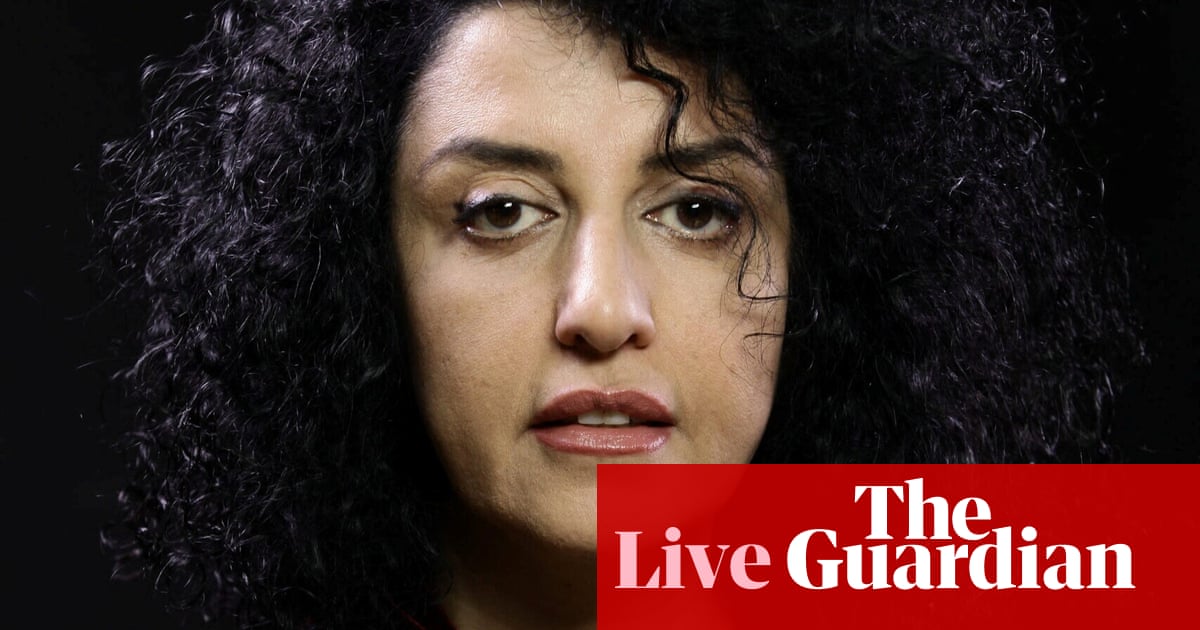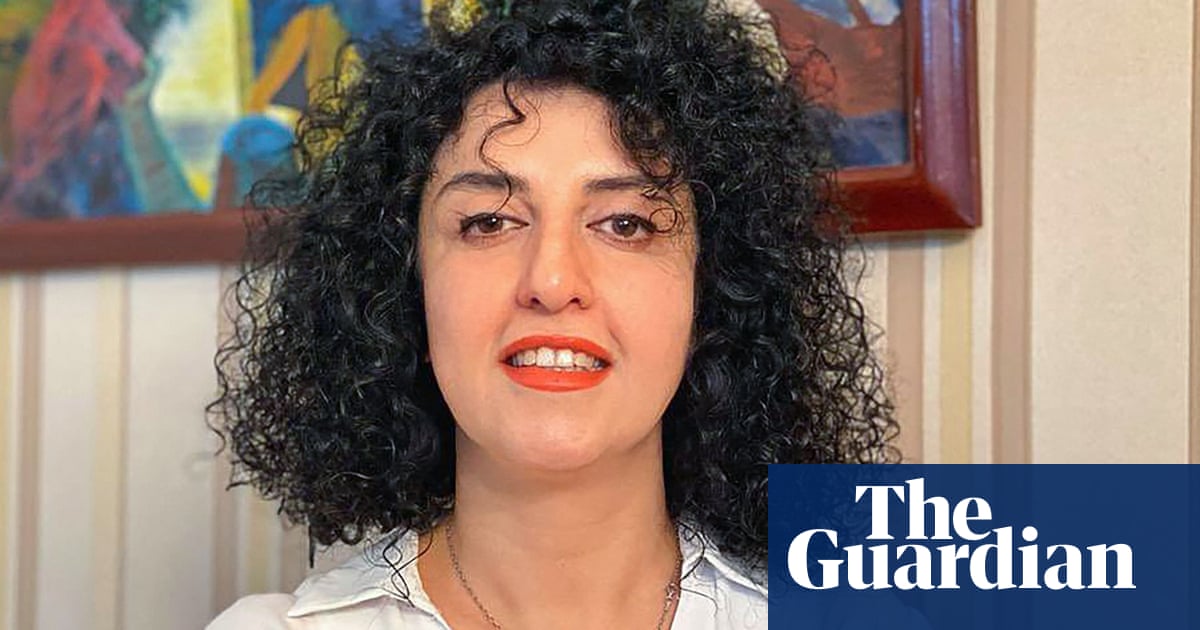
The World Food Programme (WFP) has won the 2020 Nobel peace prize for its efforts to combat hunger and to improve conditions for peace in conflict areas.
The chairwoman of the Norwegian Nobel committee, Berit Reiss-Andersen, revealed the 2020 laureate at the Nobel Institute in Oslo, where coronavirus restrictions drastically reduced the usual throng of reporters in attendance.
Reiss-Andersen said the committee gave the award to the WFP because it wanted to “turn the eyes of the world to the millions of people who suffer from or face the threat of hunger”. Hunger, she said, was used as a “weapon of war and conflict”.
The award was also a call to the international community to fund the UN agency adequately and to ensure people were not starving, she said. She said the WFP would have been a worthy recipient of the prize without the coronavirus pandemic. But the virus had strengthened the reasons for giving it to the WFP, including the need for “multilateralism” in a time of global crisis.
“It’s a very important UN organisation. The UN plays a key role in upholding human rights,” she said, adding: “Food is one of our most basic needs.”
In its citation, the committee praised the WFP for its “efforts for combating hunger” and its “contribution to creating peace in conflicted-affected areas”. The agency acted “as a driving force in efforts to prevent the use of hunger as a weapon of war and conflict”, it said.
The WFP responded by tweeting its thanks, adding: “This is a powerful reminder to the world that peace and #ZeroHunger go hand-in-hand.”
This year, 318 nominees were known to be under consideration, 211 individuals and 107 organisations.
Other figures who were considered in the running for this year’s prize included the 17-year-old Swedish climate activist Greta Thunberg, the Russian dissident and opposition leader Alexei Navalny, recovering from a nerve agent attack he blames on the Russian president, Vladimir Putin, and the World Health Organization for its role in addressing the coronavirus pandemic.
The US president, Donald Trump, has said he should have won last year’s peace prize, which went to Ethiopia’s prime minister, Abiy Ahmed after he forged a peace deal with Eritrea.
Trump has been nominated for the 2021 prize, the White House says, for brokering an accord that resulted in the UAE and Bahrain normalising relations with Israel.
Reiss-Andersen, who arrived at the ceremony in Oslo city hall on crutches, made no mention of Trump. But she said the UN’s “universalism” and its work for human rights everywhere was in contrast to the “populism” and “nationalistic politics” prevalent in some countries.
One hundred Nobel peace prizes have been awarded since 1901, to individuals and 24 organisations. While the other Nobel prize laureates are announced in Stockholm, the peace prize is awarded in the Norwegian capital, Oslo.
Along with enormous prestige, the prize comes with a 10m kronor (£870,000) cash award and a gold medal to be handed out at a ceremony in Oslo on 10 December, the anniversary of the prize founder, Alfred Nobel’s death. This year’s ceremony will be scaled down due to the pandemic.
Nominations can be made by a select group, including national lawmakers, heads of state and certain international institutions.
On Monday, the Nobel committee awarded the prize for physiology and medicine for discovering the liver-ravaging hepatitis C virus. Tuesday’s prize for physics honoured breakthroughs in understanding the mysteries of cosmic black holes, and the chemistry prize on Wednesday went to scientists behind a powerful gene-editing tool. The literature prize was awarded to the American poet Louise Glück on Thursday for her “candid and uncompromising” work.
Still to come next week is the prize for outstanding work in the field of economics.












